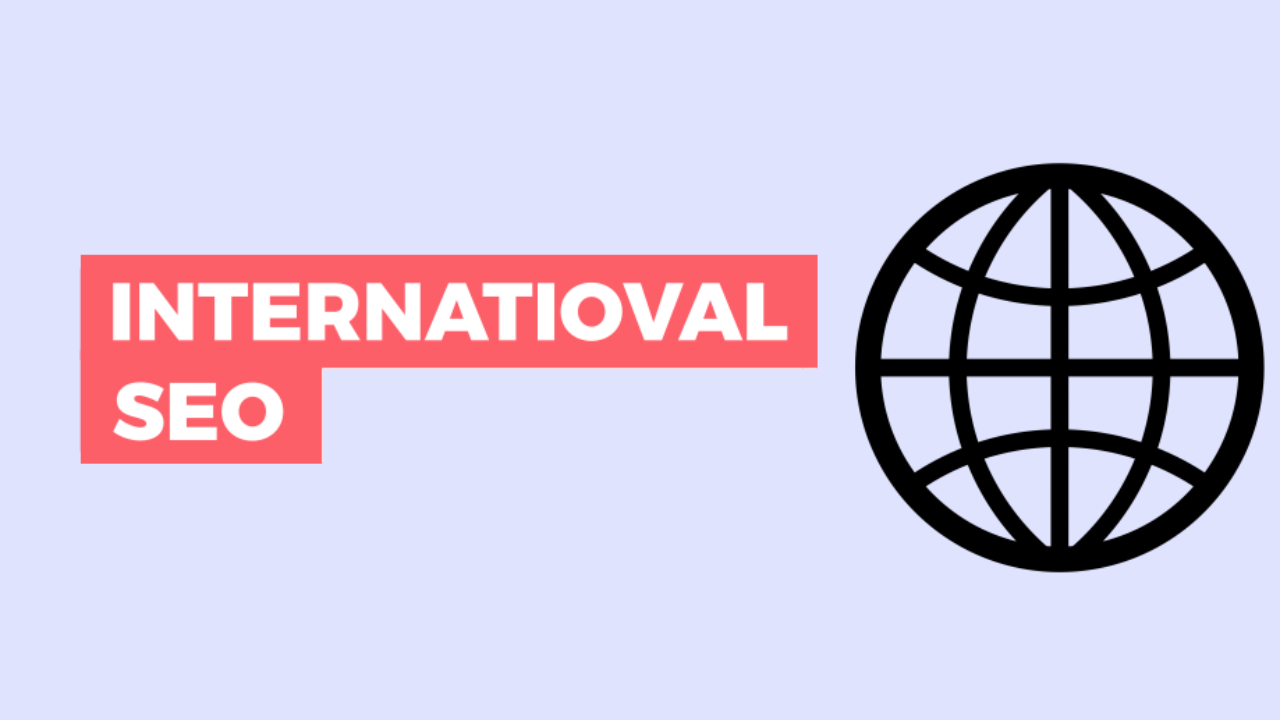Maximizing for the World: Learning International SEO Techniques
Maximizing for the World: Learning International SEO Techniques
Blog Article
Navigating the Digital Landscape: Leveraging International Search Engine Optimization for Cross-Border Success
In today's interconnected digital world, companies are progressively looking past boundaries to tap into international markets. The intricacy of browsing the digital landscape on an international range requires a nuanced technique, from comprehending the basics of International SEO to applying geotargeting and multilingual search phrase techniques.
Recognizing International SEO Basics
Browsing the details of worldwide search engine optimization needs a solid grasp of basic concepts to efficiently expand on-line exposure throughout borders. One important aspect of worldwide search engine optimization is understanding the significance of localization. This includes tailoring website material to suit the etymological, cultural, and business differences of target markets. Search phrases should be not just converted however additionally adapted to mirror exactly how users in various regions search for details.
Furthermore, having a clear understanding of geo-targeting is important. This involves showing to browse engines the details nations or regions a website is targeting. Executing hreflang tags is one method to connect this details, making certain that the proper variation of a web page shows up in the search engine result for an individual in a certain area.
Additionally, understanding the effect of local internet search engine and social networks systems is vital for international SEO success. For example, while Google is dominant in lots of areas, nations like China have their own online search engine like Baidu, needing customized approaches for each platform to make the most of on the internet exposure.

Targeting Multilingual Keyword Approaches
Developing multilingual keyword strategies is essential for successfully reaching diverse global audiences and taking full advantage of on-line exposure across various etymological areas. When targeting multilingual search phrase methods, it is critical to carry out extensive research to understand the details search terms and phrases utilized by the target market in each etymological region. This includes not only converting key words yet additionally taking into consideration cultural subtleties, regional languages, and search patterns one-of-a-kind to each target market.
To create a successful multilingual search phrase approach, it is essential to prioritize importance and search intent. Keyword phrases ought to straighten with the content on the site and resonate with the cultural context of the target market. Making use of devices such as Google Keyword Planner, SEMrush, or Ahrefs can aid determine high-performing key phrases in different languages and assess their search volume and competition degree.
In addition, surveillance and examining the performance of multilingual keywords routinely is necessary for optimizing and refining the strategy over time. By continually adjusting to changes in search habits and fads, companies can improve their on the internet visibility and draw in even more worldwide website traffic to their web sites.
Executing Geotargeting and Hreflang Tags
When intending to improve global search engine optimization methods, incorporating geotargeting and hreflang tags is crucial for enhancing website visibility throughout different areas. Geotargeting entails tailoring material to details locations, making certain that customers in different areas get pertinent details. By carrying out geotargeting, organizations can enhance their local search rankings and draw in region-specific traffic.

Optimizing Site Structure for Global Presence
To better boost worldwide SEO techniques beyond geotargeting and hreflang tags, maximizing the internet site framework is important for accomplishing global presence and optimizing reach throughout different regions. A well-structured site not only enhances user experience however additionally helps with search engine crawlers in comprehending the content and context of the website.
Furthermore, creating language-specific subdirectories or subdomains can assist search engines provide the ideal variation of the website to users based upon their language choices, better boosting the general individual experience. In addition, maximizing link frameworks to browse around this site include appropriate keyword phrases and geotargeted terms can enhance the site's exposure in different regions. By structuring the site effectively for international audiences, businesses can boost their chances of attracting worldwide website traffic and expanding their reach across boundaries.

Tracking and Evaluating Cross-Border Efficiency
Efficient monitoring and analyzing of cross-border efficiency is crucial for examining the success of global search engine optimization approaches and determining possibilities for renovation in international reach and exposure. By very closely tracking essential performance signs (KPIs) throughout different markets, services can obtain useful insights right into the performance of their cross-border search engine optimization efforts. Keeping track of metrics such as organic traffic, keyword rankings, conversion prices, and bounce visit this site rates can provide an extensive view of just how well a website is doing in various regions.
Assessing cross-border efficiency data allows services to recognize trends, patterns, and locations for optimization. By contrasting efficiency throughout various countries, areas, or languages, companies can determine successful methods and localize material to better satisfy certain target market. Additionally, keeping an eye on cross-border efficiency enables services to stay dexterous and receptive in the ever-evolving digital landscape. Routine evaluation of SEO performance on a global range ensures that companies can adapt their methods promptly to maximize arising possibilities and maintain an one-upmanship in worldwide markets.
Conclusion
Finally, international search engine optimization plays an essential function in achieving cross-border success by optimizing sites for worldwide presence, targeting multilingual keyword phrase strategies, executing geotargeting and hreflang tags, and monitoring cross-border performance. By recognizing the basics of worldwide SEO and optimizing site structures appropriately, companies can effectively get to and involve with their target market throughout different areas and languages. This strategic method is important for expanding market reach and driving on the internet growth in today's digital landscape.
Report this page